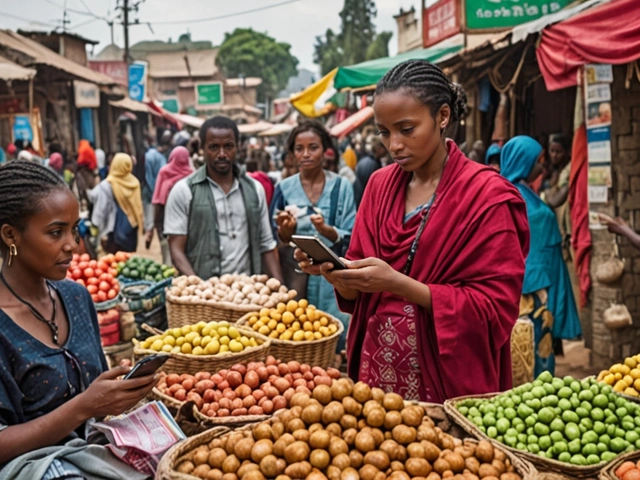Global Pharmacist Salary: What You Need to Know in Ethiopia and Beyond
Ever wondered how much pharmacists actually make around the world—and how their pay in Ethiopia compares? Whether you're about to finish pharmacy school, thinking about switching jobs, or just curious about salary trends, understanding pharmacist earnings can seriously shape your career decisions.
Globally, pharmacists' pay checks swing wildly. In countries like the United States, experienced pharmacists can make over $120,000 per year—sometimes more if they work overtime or get promoted to management. Compare that to neighboring African countries where the average ranges from $10,000 up to $30,000, depending on the economy, local healthcare systems, and cost of living. Not all pharmacists live the same story.
Now, what about Ethiopia? Pharmacists here play a huge part in healthcare, managing medication for hospitals, clinics, and pharmacies. The starting salary for a pharmacist in Ethiopia is usually much lower than global averages—often between 6,000 to 12,000 ETB per month for entry-level public positions. Wage can go up in private hospitals or if you have extra years of experience under your belt, but even then, you’re likely looking at somewhere between 12,000 and 20,000 ETB monthly. That’s a pretty wide gap compared to what’s typical in countries with pricier healthcare systems.
Why the gap? Budget constraints in public health, limited private sector opportunities, and different living costs all play a role. More experience or higher degrees can give your paycheck a boost, but what really matters is the sector. Private employers or international NGOs can sometimes pay double the government standard—but these jobs are in short supply.
Job demand also plays a part. In bigger cities like Addis Ababa, competition is fierce but so are the opportunities. You’ll likely find higher paying roles in the capital thanks to private clinics, importers, and multinational companies. If you’re willing to work outside the city or in rural health posts, salaries might not stretch as far, but housing and living expenses are also a lot lower—so sometimes you actually save more.
If maximizing your income is your top goal, don’t focus just on salary. Consider part-time gigs, consulting projects, or contract work with private clinics. There’s also a growing number of pharmacists in Ethiopia making extra income through health education, online medicine delivery, and even running small pharmacies in local neighborhoods. These side hustles can double your income and open up new career paths.
Looking at the big picture, working as a pharmacist in Ethiopia pays well compared to some local professions, but it won’t make you instantly rich. Job security is strong, the respect is real, and there are solid chances for career growth as the healthcare system keeps evolving. Keep an eye out for new private players and digital healthcare platforms—these could be your ticket to better pay in the near future.





